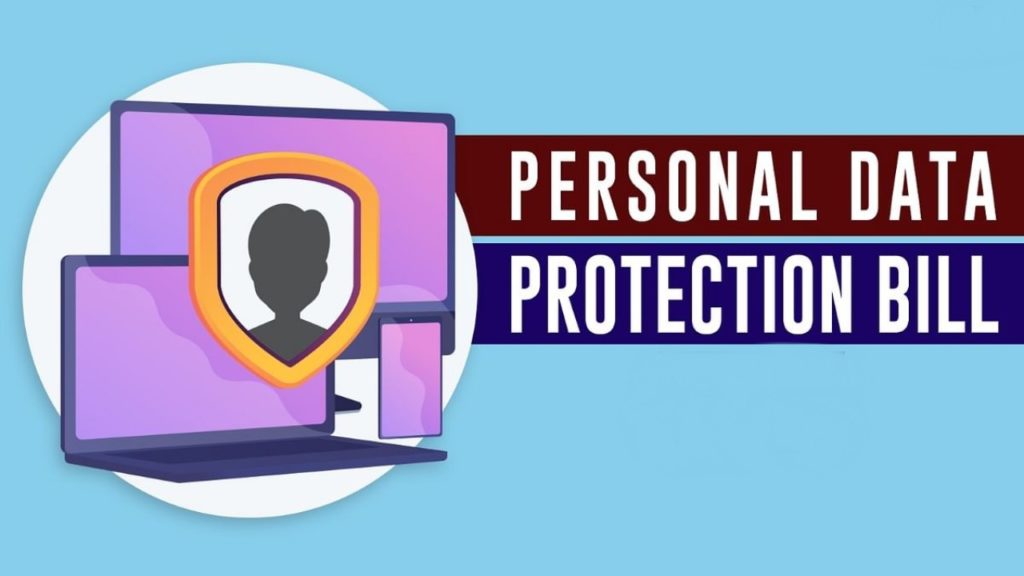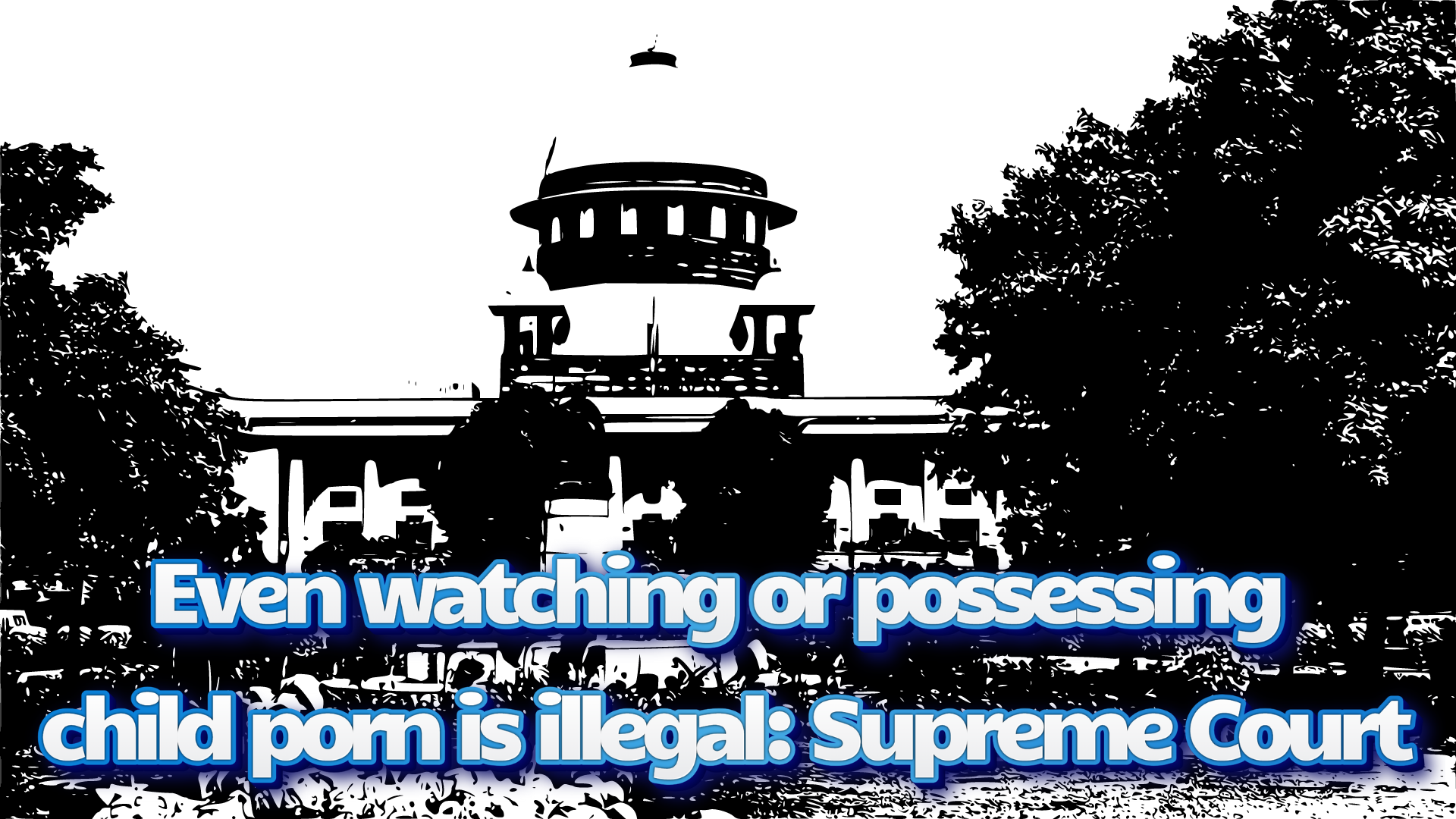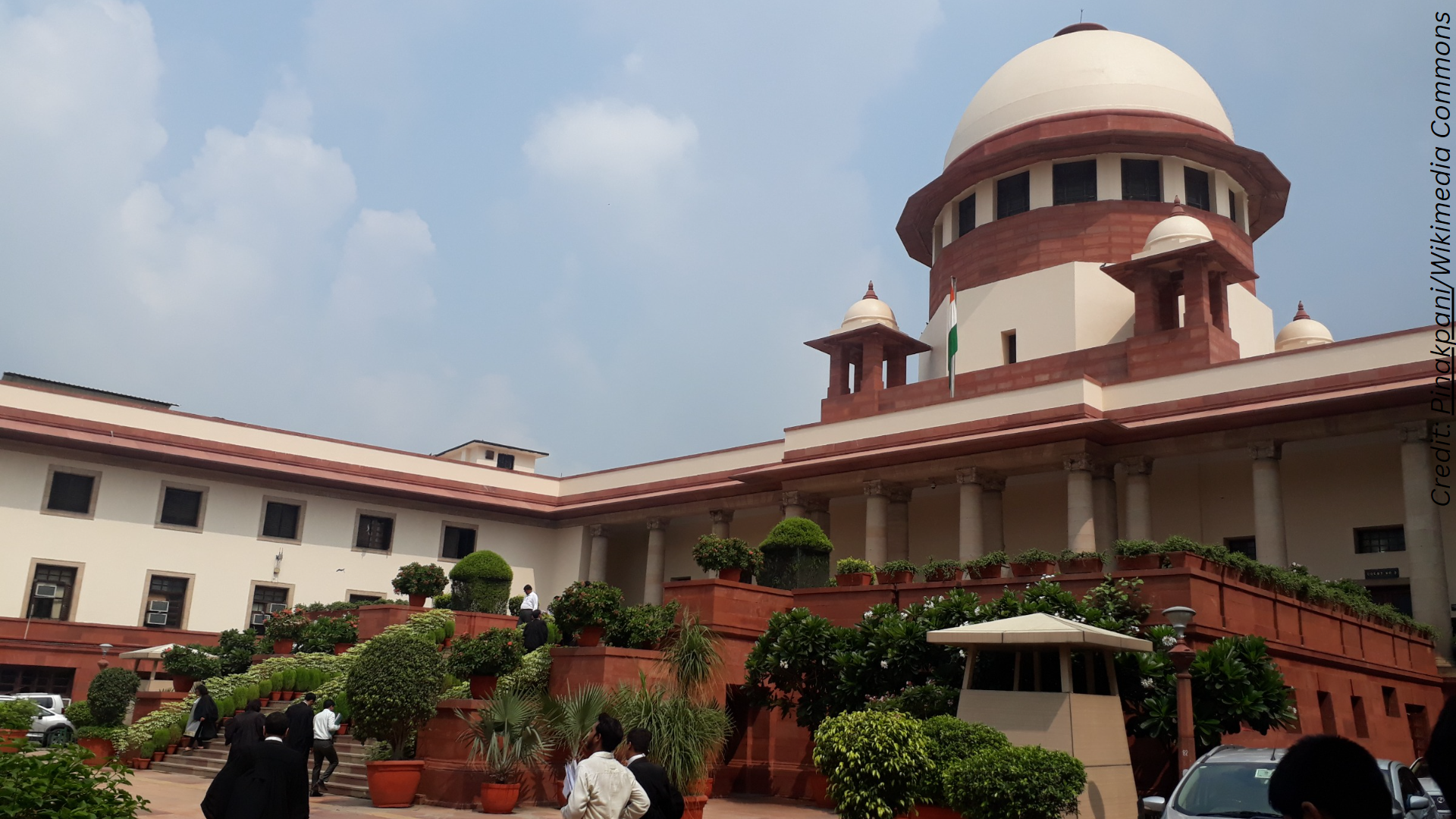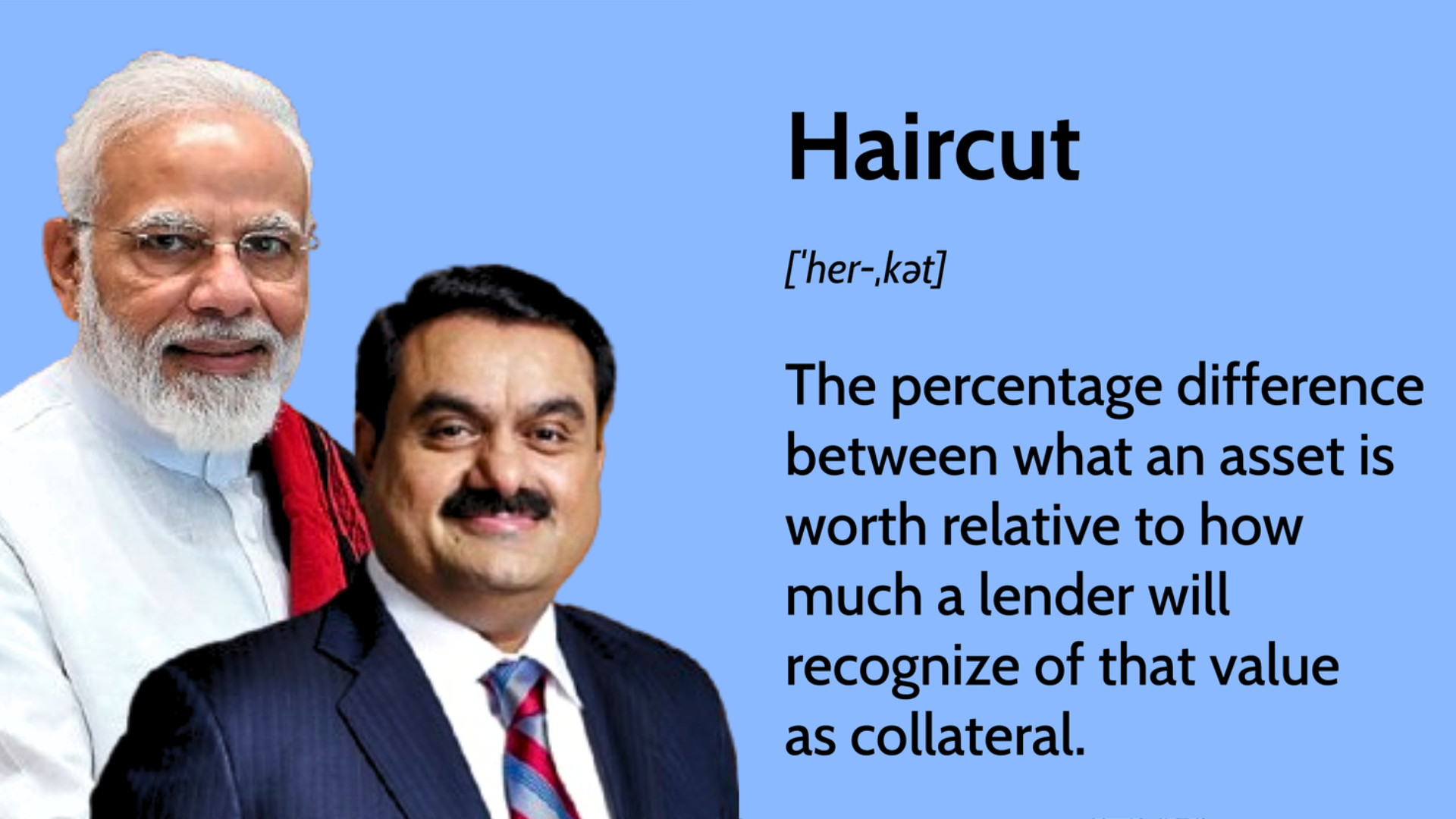JPC adopts its report on PDP Bill, but exemption to Central agencies leads to dissent

The Joint Parliamentary Committee on the Personal Data Protection Bill adopted its report last Monday, after two years of deliberations (the committee was constituted in December 2019). But controversy has erupted over Clause 35, which exempts any agency under the Union government exemption from all or any provisions of the law under the guise of national security.
On Monday, November 22, after two years of deliberating and a few changes in its members (to replace those MPs who became ministers in the last cabinet expansion by the Union government), the Joint Parliamentary Committee on the Personal Data Protection (PDP) Bill, headed by BJP MP PP Chaudhary, adopted its report.
However, the big controversy about the bill surrounds Clause 35, one of the widely debated clauses at the panel meetings.
In the name of “public order”, “sovereignty”, “friendly relations with foreign states” and “security of the state”, the clause allows any agency under the Union government exemption from all or any provisions of the law.
Seven of the 30 members of the committee—Jairam Ramesh, Manish Tewari, Vivek Tankha and Gaurav Gogoi of Congress, Derek O’Brien and Mahua Moitra of Trinamool Congress and Amar Patnaik of Biju Janata Dal—have filed dissent notes against the exemption clause. Sources said two more members will be filing a dissent note in the next few days.
Dissenting members have argued for the removal of “public order” as a ground for exemption, and pressed for “judicial or parliamentary oversight” and “an order in writing with reasons” for granting such exemptions.
Some of the members had asked for only a partial exemption to any agency if needed.
However, none of their suggestions was accepted in the final report, arguing that there is a need to balance the concerns regarding national security, and liberty and privacy of an individual.
Curiously though, the report conceded that there can be no easy choice between these concerns. “A secure nation alone provides the atmosphere which ensures personal liberty and privacy of an individual whereas multiple examples exist where without individual liberty and privacy, national security itself gives rise to autocratic regimes.”







